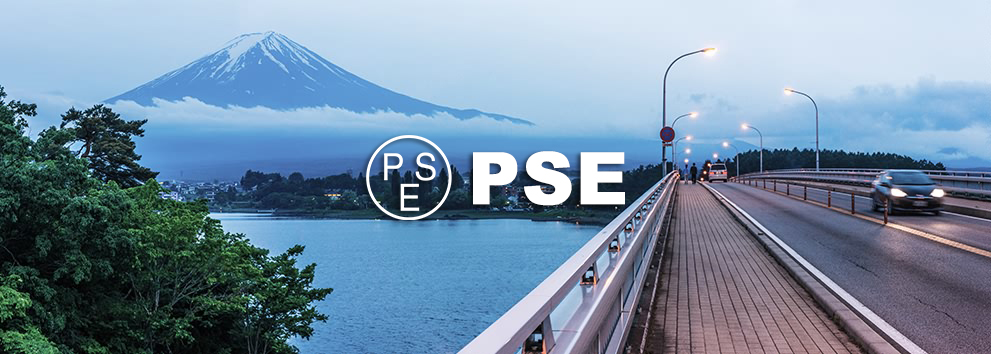Energy Efficiency Certification Introduction
Energy Efficiency Certification Introduction,
Energy Efficiency,
▍What is PSE Certification?
PSE (Product Safety of Electrical Appliance & Material) is a mandatory certification system in Japan. It is also called ‘Compliance Inspection’ which it is a mandatory market access system for electrical appliance. PSE certification is composed of two parts: EMC and product safety and it is also an important regulation of Japan safety law for electrical appliance.
▍Certification Standard for lithium batteries
Interpretation for METI Ordinance for Technical Requirements(H25.07.01), Appendix 9,Lithium ion secondary batteries
▍Why MCM?
● Qualified facilities: MCM is equipped with qualified facilities which can be up to the whole PSE testing standards and conduct tests including forced internal short circuit etc. It enables us to provide different customized testing reports in the format of JET, TUVRH, and MCM etc.
● Technical support: MCM has a professional team of 11 technical engineers specialized in PSE testing standards and regulations, and is able to offer the latest PSE regulations and news to clients in a precise, comprehensive and prompt way.
● Diversified service: MCM can issue reports in English or Japanese to meet clients’ need. So far, MCM has completed over 5000 PSE projects for clients in total.
Home appliances and devices energy efficiency standard is the most effective way to optimize energy efficiency in a country. Government will set up and implement a comprehensive energy plan, in which it calls for using higher efficient appliances to save energy, so as to slow down the increasing energy demands, and be less dependent on petroleum energy.This article will introduce the relevant laws from the United States and Canada. According to the laws, home appliances, water heater, heating, air conditioner, lighting, electronic products, cooling appliances and other commercial or industrial products are covered in energy efficiency control scheme. Among these, electronic products contain battery charging system, like BCS, UPS, EPS or 3C charger.
CEC (California Energy Committee) Energy Efficiency Certification: It belongs to a state level scheme. California is the first state to set up energy efficiency standard (1974). CEC has its own standard and testing procedure. It also controls BCS, UPS, EPS, etc. For BCS energy efficiency, there are 2 different standard requirements and testing procedures, separated by power rate with higher than 2k Watts or no higher than 2k Watts.
DOE (Department of Energy of the United States): The DOE certification regulation contains 10 CFR 429 and 10 CFR 439, which represents the Item 429 and 430 in the 10th Article of the Code of Federal Regulation. The terms regulates testing standard for battery charging system, including BCS, UPS and EPS. In 1975, the Energy Policy and Conservation Act of 1975 (EPCA) was issued, and DOE enacted the standard and testing method. It should be noticed that DOE as a federal level scheme, is prior to CEC, which is only a state level control. Since the products comply with DOE, then it can be sold in anywhere in the U.S.A, while only certification in CEC is not that widely accepted.










